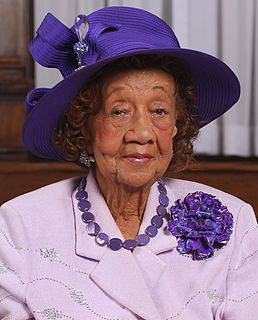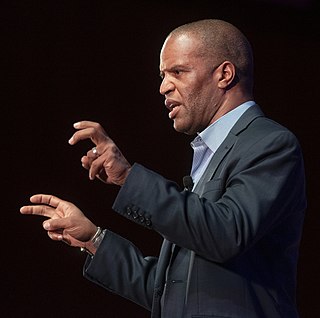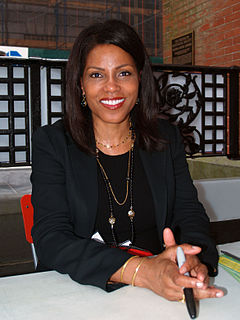A Quote by Eliot Engel
All Americans owe a debt of gratitude to Dr. King for his bravery and commitment to civil rights and nonviolence that changed this nation - and world - for the better.
Related Quotes
While nothing is perfect or complete in the battle for civil rights, the efforts of Dr. King and those like him have in fact, changed the country and the world for the better in noticeable ways. His vision has made the world a more equal place, and if not equal, it has helped to ensure that minorities have a voice.
Dr. King organized the Poor People's Campaign in 1968 to shut down Washington, D.C. and force legislators to tackle poverty. His efforts to shift focus from civil to silver rights were interrupted by his untimely death. He fought ardently for Black rights, but he also recognized financial literacy as the key to an America that was truly free for all people.
When you expand the civil-rights struggle to the level of human rights, you can then take the case of the black man in this country before the nations in the UN. You can take it before the General Assembly. You can take Uncle Sam before a world court. But the only level you can do it on is the level of human rights. Civil rights keeps you under his restrictions, under his jurisdiction. Civil rights keeps you in his pocket.
I was involved in the civil rights movement way back in the late '50s and through the '60s and '70s. I was doing a civil rights musical here in Los Angeles and we sang at one of the rallies where Dr. Martin Luther King spoke, and I remember the thrill I felt when we were introduced to him. To have him shake your hand was an absolutely unforgettable experience. Even before I could vote, I was involved in the political arena.

































